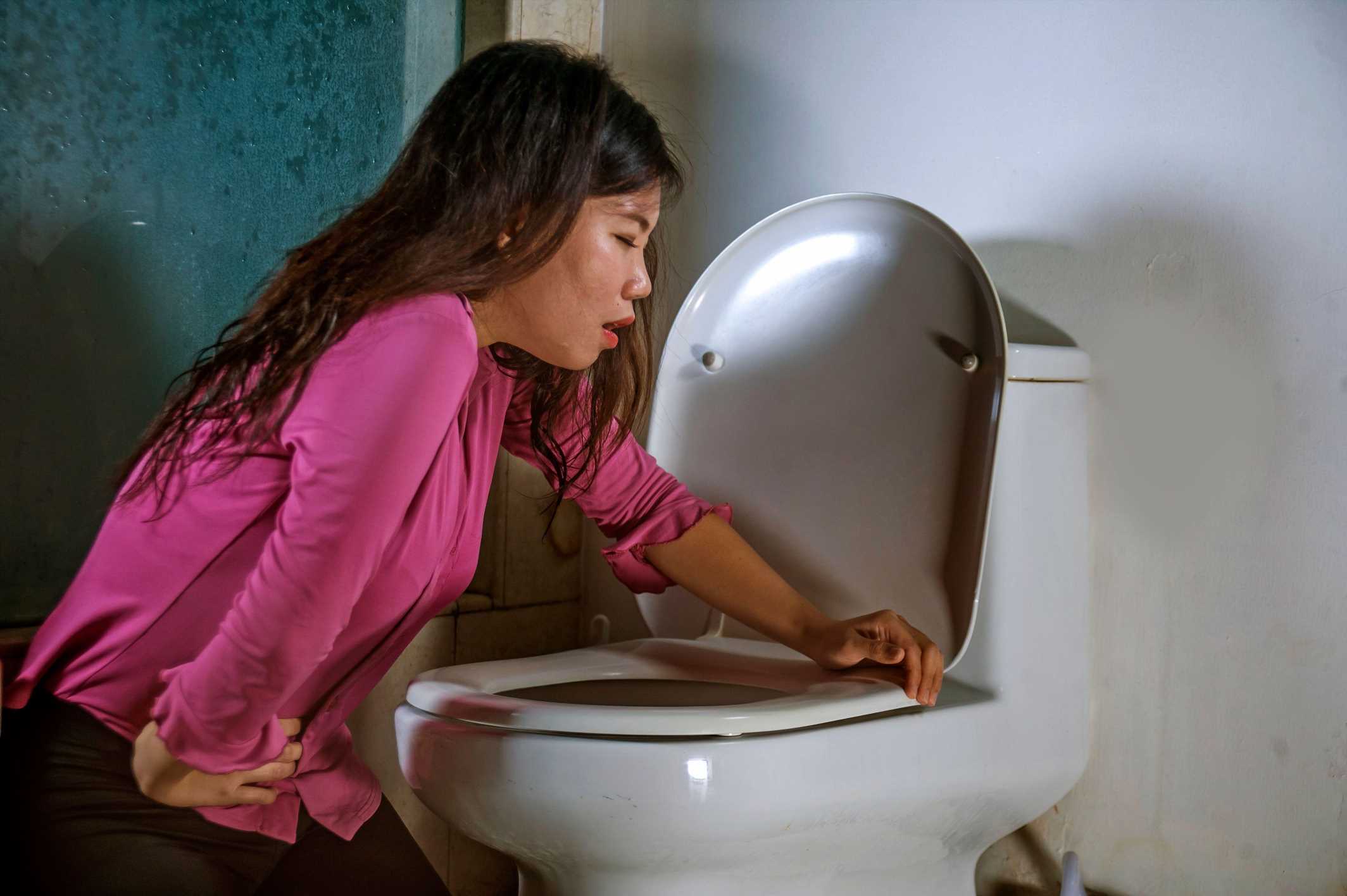NOROVIRUS is surging across Britain with outbreaks of the vicious vomiting bug THREE times higher than over the past five years, experts have warned.
Covid-hit Britain is being dealt a new health blow – with the spread of another highly infectious bug which strikes fear into most parents.
More than 150 outbreaks of norovirus have already been documented since May, report health chiefs.
This is about triple the number seen for the same period over the past five years.
Symptoms include sudden onset of nausea, projectile vomiting and diarrhoea, but can also include a high temperature, abdominal pain and aching limbs.
Yet it's a bug which normally strikes during the winter months.
As restrictions put in place due to Covid-19 are lifted, it's likely people will be mixing more with others – meaning there's a greater chance of contracting the brutal, highly contagious virus.
Most infections occur through contact with infected people or contaminated surfaces, or through ingesting contaminated food and water.
INCUBATION
The average incubation period for norovirus-associated gastroenteritis is 12 to 48 hours, with a median period of about 33 hours.
Usual symptoms are sudden vomiting, abdominal cramps and diarrhoea. It normally goes away in about two days, says the NHS.
There has been a recent concentration of outbreaks, particularly in nursery and childcare facilities.
And Public Health England (PHE) is concerned as there are far more incidents reported to its experts than would be expected in summer.
Health bosses said that while young children have mainly been hit by the bug, there has been a rise in infections across all age groups.
We have seen an increase in norovirus cases across all age groups.
Prof Saheer Gharbia, deputy director of PHE's national infection service, said: "Norovirus has been at lower levels than normal throughout the pandemic with less opportunity to spread between people in the community.
"But as restrictions have eased we have seen an increase in cases across all age groups.
"Symptoms include sudden onset of nausea, projectile vomiting and diarrhoea, but can also include a high temperature, abdominal pain and aching limbs.
"Stay at home if you are experiencing norovirus symptoms.
"Do not return to work or send children to school or nursery until 48 hours after symptoms have cleared.
"As with Covid-19, hand washing is really important to help stop the spread of this bug.
"But remember, unlike for Covid-19 alcohol gels do NOT kill off norovirus so soap and water is best."
TRANSMISSION
Norovirus is easily transmitted through contact with infected people or contaminated surfaces.
People usually recover on their own within one to three days but there are some unfortunate cases in which the virus can linger in the intestines for weeks – or even months.
The most important thing is to rest and have lots of fluids to avoid dehydration, advises the NHS.
Prevention is through strict hygiene measures.
Those showing symptoms should avoid visiting their GP or hospital, but can contact NHS 111 or talk to their GP by phone if they are worried.
Norovirus: What you can do to protect yourself
To reduce the risk of infection:
Pay close attention to hygiene. Wash your hands frequently, using soap and water.
Avoid close contact with people who are obviously sick.
If you or members of your household are ill:
- Try to keep those with symptoms away from others until the illness has subsided for at least 48 hours.
- Clean frequently. Disinfect any potentially contaminated surfaces or objects. Use a bleach-based household cleaner.
- Wash contaminated clothing or bedding using detergent at high temperature (60C).
- Do not allow anyone who is sick to prepare food for other people.
- Anyone who has symptoms should drink fluids and stay well hydrated. Consider adding rehydration salts to water. Eat plain foods (if you can manage eating).
- Seek medical attention if symptoms are not improving after 24 hours, or if concerned. This is especially important for young children and the elderly, as they are prone to rapid dehydration.
Dr Nick Scriven, ex-president of the Society for Acute Medicine, said that with the UK just hours "away from the lifting of the remaining restrictions in England, our NHS is under great strain.
"This has been compounded by the warning that cases of norovirus have now reached pre-pandemic levels in summer.
"Considering the impact this has when it makes its way into hospitals – bed closures, infecting seriously unwell people and staff absence – it is frankly very worrying."
Source: Read Full Article








